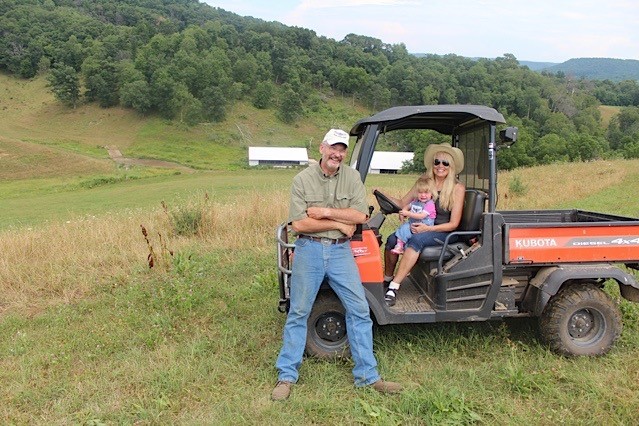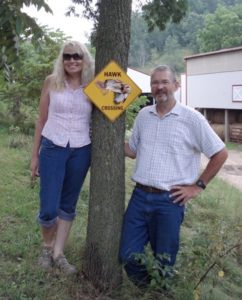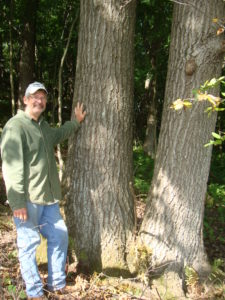
The Importance of Surveying Your Land – Rick and Susan Case’s Cautionary Tale
“Our neighbor surveyed a line and that’s when we realized half of our new barn was on their property,” stated Rick. “We assumed that land was ours. We had grazed it for years.”
Rick and Susan Case, landowners outside of Ontario, Wisconsin, learned the importance of surveying land the hard way. Never assume field edges, fences, tree lines, forest roads, or even buildings, reflect a surveyed line.

The Case’s predicament could have easily climaxed in the pounding of a gavel, but thankfully it was resolved out of court with them buying the land under the barn. Yet, despite this experience, it would be years later before the rest of their property would be surveyed – uncovering another major mistake. The reason they didn’t survey the rest of the property? It was cost prohibitive.
“Back then they surveyed with a crew and manual equipment and quoted us $1,800 for one line,” Rick recalls. “That’s why we didn’t do it. But, now with satellite technology, the price has come way down. More recently they quoted us $600 to do the whole farm.” Sometimes neighbors are mutually interested in the survey and split the cost.
The impetus to survey another line on their farm was a timber harvest. “We were going to be harvesting trees to head off the spread and destruction of oak wilt disease,” Rick stated. The harvest plan was to cut as much oak as possible to stop disease spread and capture economic value. “We worried about determining if trees should or should not be harvested along our property line. Our logger is an ethical operator, but he’s also a personal friend. The last thing he’d want is to create problems for us.”
While is true the timber harvest could have stopped well short of the line along its distance, a professional survey settled all of the hand-wringing. The surveyor marked the corners and a couple of points in between. Rick, leaving nothing to chance, played “connect the dots” with bailing twine. With confidence, the logger cut to the property line to the satisfaction of the Cases and their neighbor.

The need for a survey prior to logging was the impetus to do the entire property – revealing a second major property line mistake on the Case’s farm. Rick recalls watching his surveyor hop off the Kubota and follow his GPS into the neighbor’s field. “What are you doing?” Rick asked. “Finding your corner.” “But you’re in my neighbor’s field.” To which the surveyor replied, “It’s your field.” It turned out the property line was 50 feet off in the Case’s favor along a half-mile – 3-acres of land.
It’s important to remember that property lines that are not surveyed are more a product of history and assumptions rather than intentional misrepresentation. In other words, if a mistake is discovered, there is a good chance both landowners are surprised. The old adage that “good fences make good neighbors” probably goes the same for accurate property lines.
